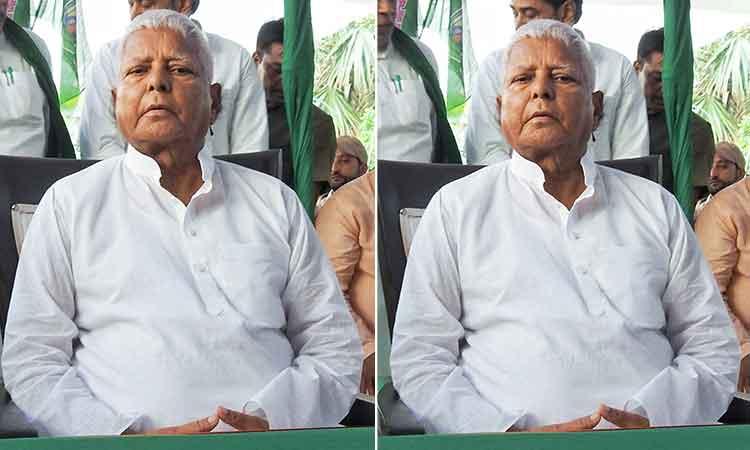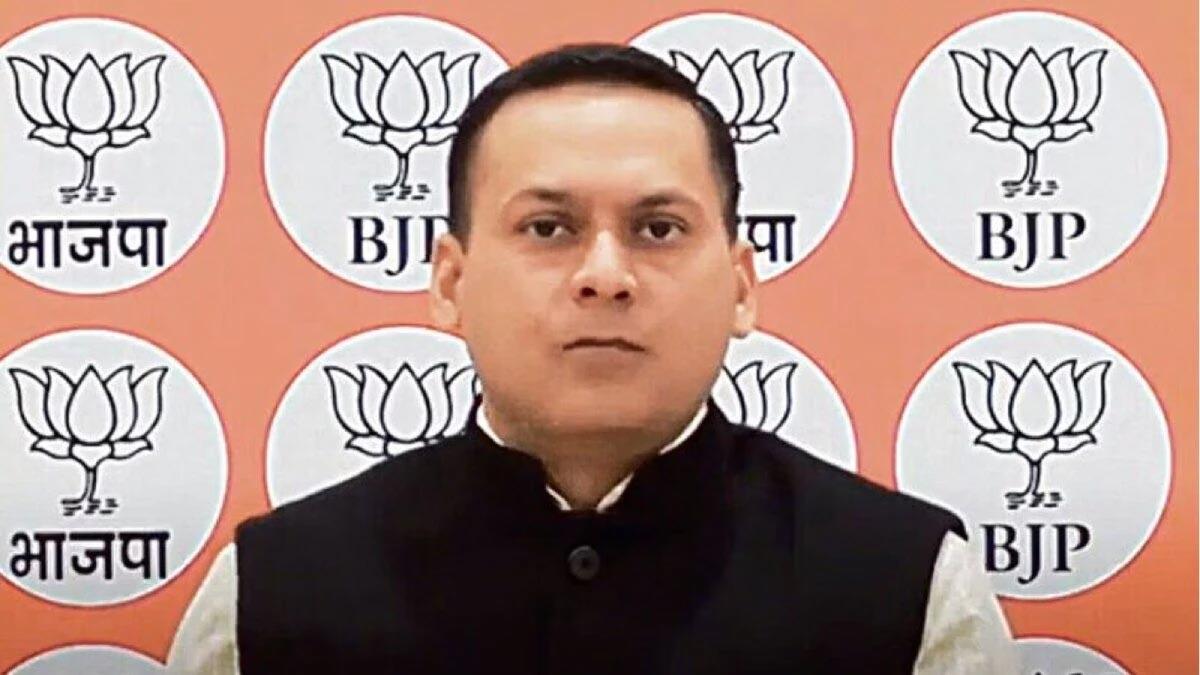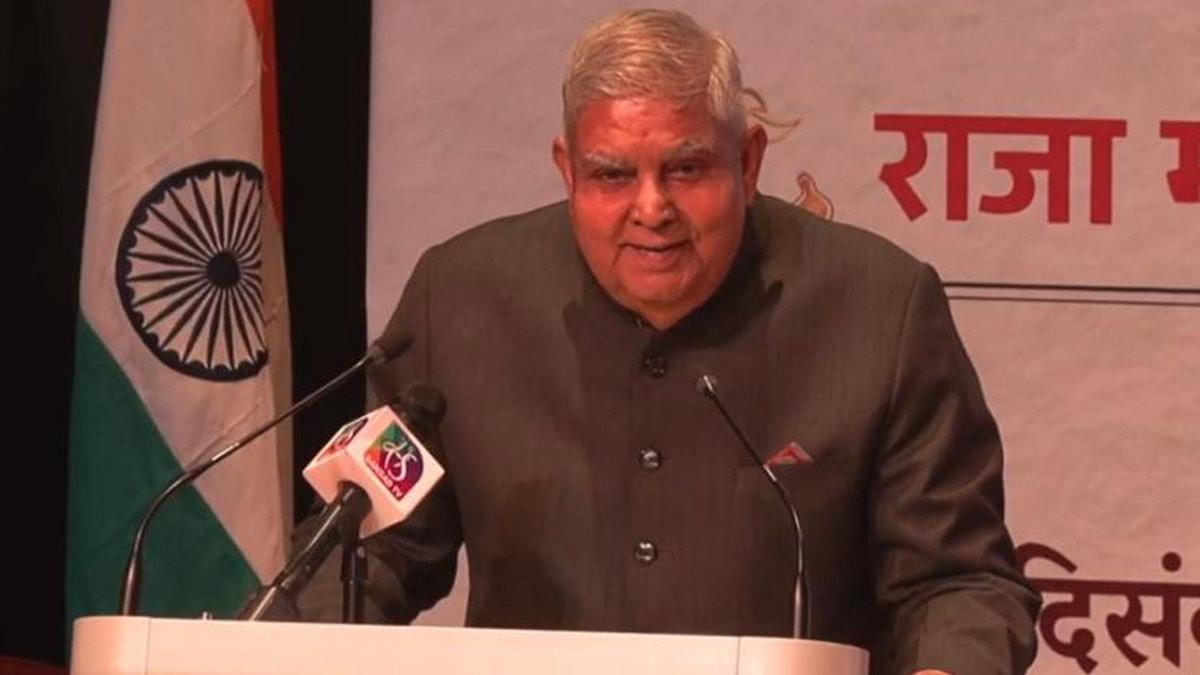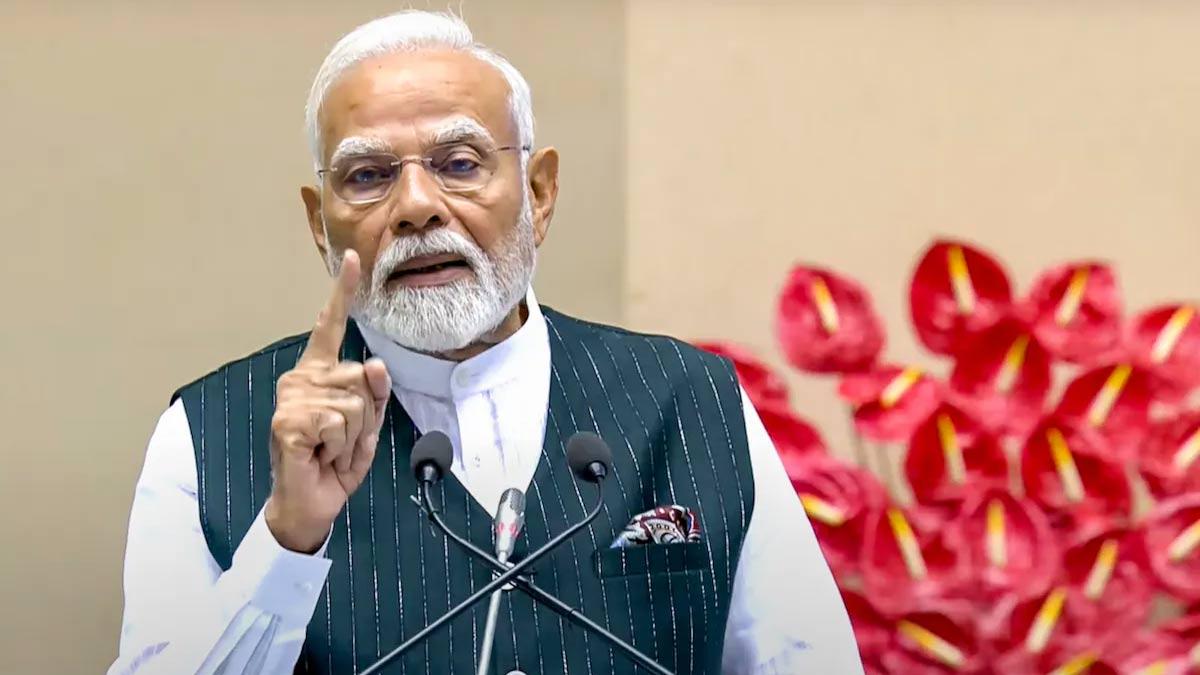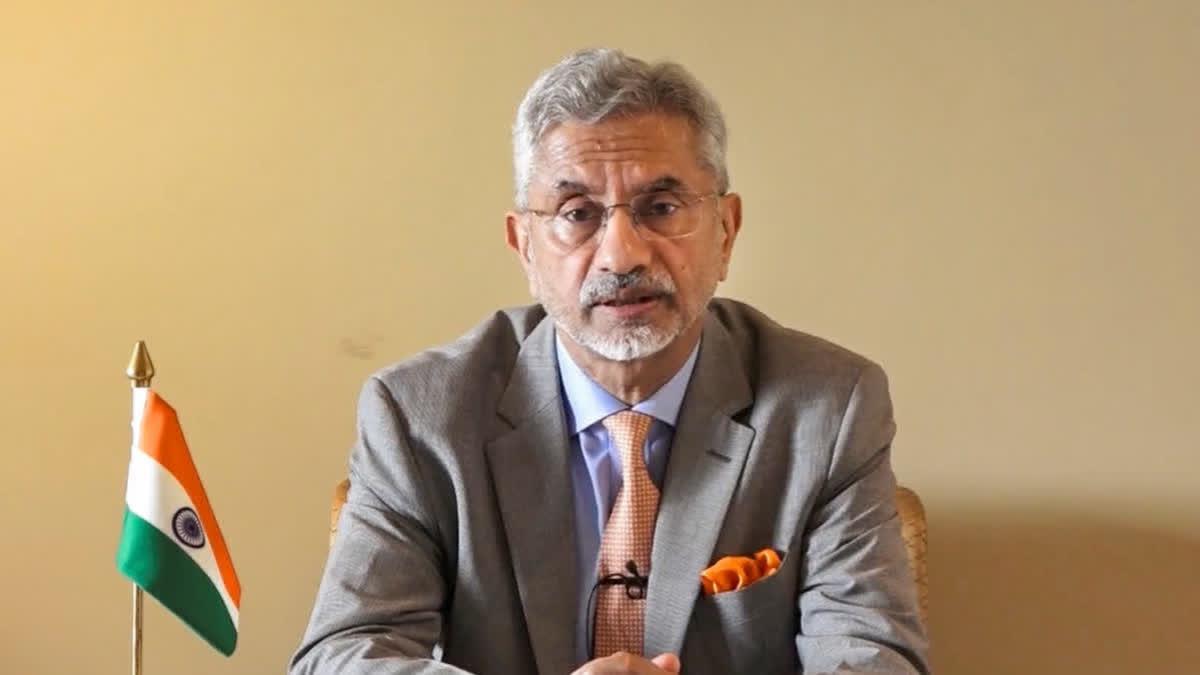A Delhi court on Monday issued summons to Rashtriya Janata Dal (RJD) chief and former Railways Minister Lalu Prasad Yadav, his kin and others in the Central Bureau of Investigation (CBI)'s land for Job scam case.
The CBI had filed a charge sheet in the case on October 10, 2022, against 16 persons including the former Bihar Chief Minister's wife and daughter and sanction was then obtained to prosecute them.
Special Judge Geetanjali Goel of Rouse Avenue Courts observed that, prima facie, the on-record report shows that offences have been committed under diffrent sections of the Indian Penal Code and the Prevention of Corruption Act.
Taking cognisance of the said offences, the judge then summoned the accused persons for March 15.
Also read | Tejashwi Yadav to appear before CBI court on Tuesday in IRCTC scam case
The CBI has alleged that various residents of Bihar were appointed as substitutes in "Group-D posts" during 2004 to 2009 in different zones of Railways located at Mumbai, Jabalpur, Kolkata, Jaipur, and Hajipur.
In view of the above-mentioned allegation, the individuals themselves or their families transferred their land in the name of the then Railways Minister Lalu Prasad Yadav's family members and company AK Infosystems Private Ltd, which was subsequently taken over by his family members.
It has been alleged that CBI that there was no advertisement or any public notice issued for substitutes' appointment in the zonal railways.
The court recorded: "It is stated that investigation had revealed that the candidates were considered for their engagement without any need for substitutes and there was no urgency for their appointment which was one of the main criteria behind the engagement of substitutes and they joined their duties much later from the approval of their appointment and they were subsequently regularised."

